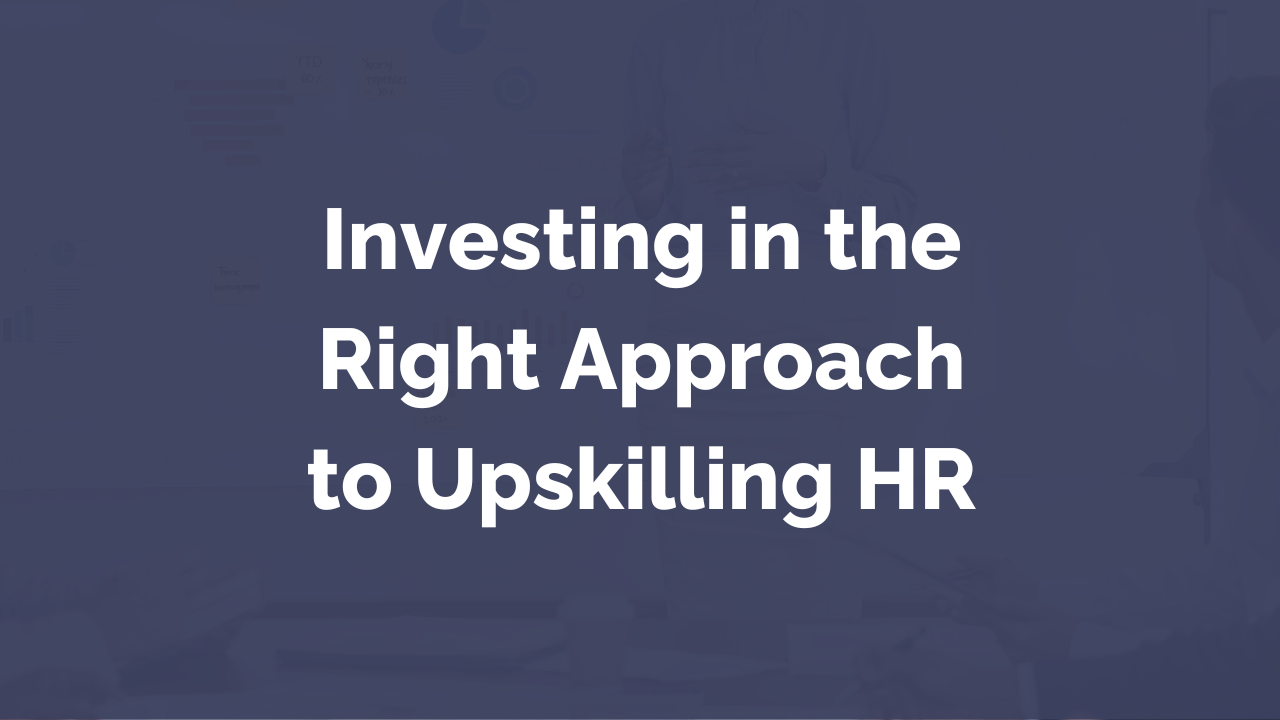As HR and people analytics Leaders, we are well aware of the value that people analytics can have on the organisation. After all, it's what we do. However, demonstrating that to the C-suite is a whole other ball game. We are on the precipice of building a data-driven culture.
Read MoreIn today's data-driven world, organisations increasingly rely on data to make informed decisions. This is especially true in the realm of people analytics, where various analytical techniques are used to extract meaningful insights from employee and organisational data.
Read MoreArtificial Intelligence (AI) continues to reshape industries worldwide, and Human Resources (HR) is no exception. In our most recent webinar, industry experts Justin Shemeley, a Global People Analytics Leader at Ernst & Young (EY); Andrew Elston, a Principal Consultant specialising in Workforce Planning at HSBC; and our very own Jasdeep Kareer, a seasoned Data Science and People Analytics practitioner and now a Senior Director at Insight222 discussed the evolving role of AI in HR and its impact on organisational strategies.
Read MoreAs the HR function continues to evolve into a strategic business partner, it's increasingly important for HR leaders and professionals to continuously upskill and expand their knowledge. With technological advancements, changing workforce dynamics, and an ever-evolving business landscape, traditional HR practices may no longer suffice to support an organisation’s goals and objectives effectively.
Read MoreIn this expert interview David sits down with Dr. Lassaad Essafi, CEO of EDLIGO, during the interview they delve into the strategic importance of adopting a skills-based approach to talent management in today's rapidly changing business landscape. It highlights how focusing on skills rather than traditional role-based hiring can enhance organisational agility, competitiveness, and innovation. They also explore the tangible benefits of this approach, including improved talent deployment, enhanced retention, and increased workforce satisfaction. It also discusses how EDLIGO aids organisations in transitioning to a skills-driven model, offering personalised learning paths, competency assessments, and data-driven insights to align talent strategies with business objectives.
Read MoreThe decision-making process regarding talent is as complex as it is crucial. Talent decisions can shape the course of a company's future and the lives of its employees. Today, we dive into this intricate web of decision-making with an expert whose insights challenge conventional paradigms.
Read MoreThe pursuit of an outstanding employee experience (EX) has become more than a mere buzzword; it's an organisational imperative echoing through the corridors of businesses worldwide. While the dialogue surrounding ‘better EX’ is omnipresent, suggesting a universal stride towards enriching workplace dynamics, there's a need to pause and reflect: Are these discussions translating into disciplined action and tangible improvements?
Read MoreExplore the critical role of positive work culture in driving organisational success and financial returns, as we unveil insights from industry leaders like Culture Amp on quantifying its impact. In this blog we examine how trust, innovation, and psychological safety not only enhance employee engagement but also lead to a staggering 311% increase in financial ROI.
Read MoreThis blog underscores the transition from reactive to proactive HR practices, advocating for a data-driven culture that not only listens to but truly understands employee sentiment, enabling targeted interventions and a more nuanced approach to talent management. With predictive analytics and sophisticated algorithms, HR is empowered to anticipate and address potential issues before they escalate, positioning analytics not as a fleeting trend but as a cornerstone of future HR success.
Read MoreRecent research published by TI People on The State of EX revealed a concerning finding regarding the relationship between EX teams and finance leaders, which is that they don't really have one. Indeed, figure 1 indicates that of all cross-functional partners, EX/HR teams partner least with Finance, indicating their frequency of partnership over the last 12 months as ‘rare’.
Read More









